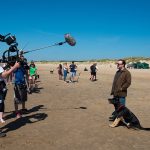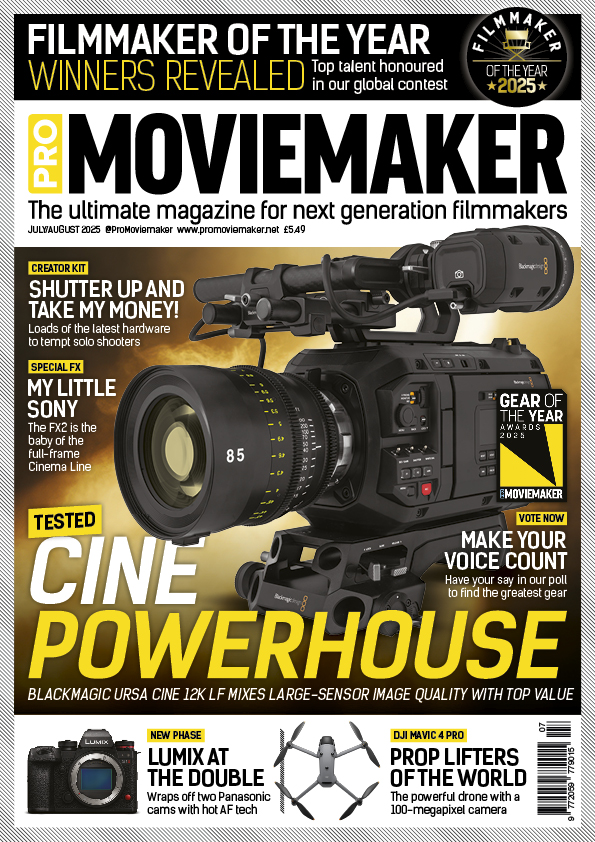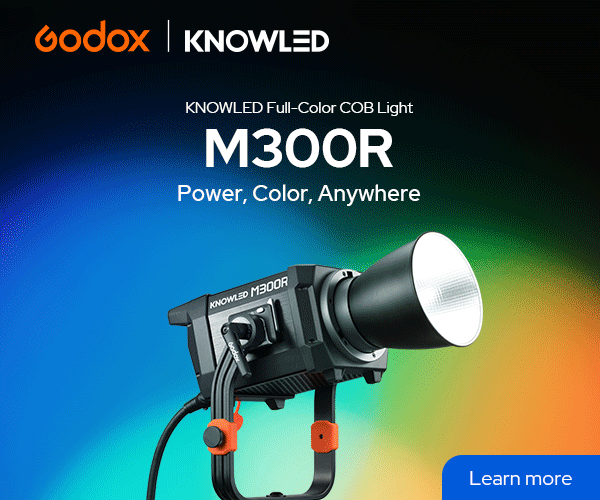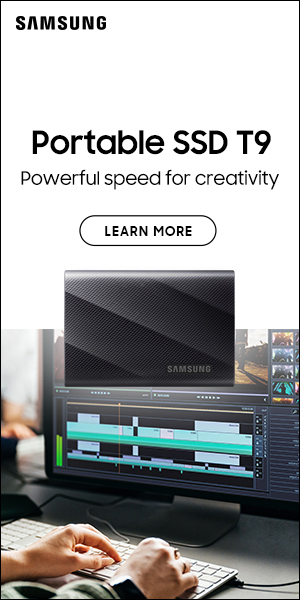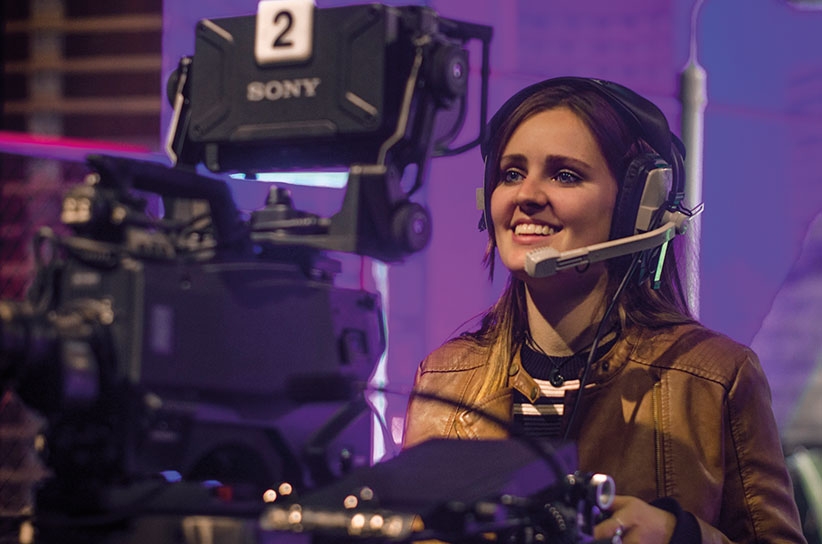
What I Learned At Film School
Here are some valuable lessons from a year of professional training….
Words: Laura Jeacocke
There’s nothing like on-the-job learning to really get to grips with professional work, and the majority of filmmakers never had the luxury of studying their trade at film school. But as well as making my own short films, I was lucky enough to jump straight into some full-on, practical training at the National Film and Television School.
This year-long course was for students who wanted to become television camera operators, and it crammed in the theory as well as practical experience shooting on programmes such as BBC’s EastEnders and studio work for Sky Sports shows.
I learned huge amounts in such an intensive year – and here are the top eight, completely honest, things I took away…
1. It’s All About Who You Know
Everyone drones on about this and I hate to say it but they’re right. The industry works like a contacts matrix, so you have to find the right people to give you that initial way in. You then have to force yourself into the web and make sure you stay in the centre of that network, not getting pushed aside or forgotten. Put your contacts on a list and prioritise them. Check in with them once in a while and use this as a chance to update them on what you’ve been doing. Go to events, join organisations like the Guild of Television Camera Professionals and just try to get your name out there.
2. Think About Safety
With rules and regulations getting tighter by the minute, an awareness of health and safety is crucial. Make sure you’ve scouted out the area and made a note of any potential problems, and if you’re laying out cables along a public area ensure they’re hidden and either tied up or matted over. Making sure there are no problems like this is essential for everyone’s safety and will save a whole load of paperwork, too.
3. Don’t Get Pigeonholed
Not many people will admit this, but it’s so easy to become trapped in one particular specialism. If you build up all your experience in just one area, soon all your work will be focused on that, making it nearly impossible to transfer to something else. When you are starting out, get experience in as many areas as possible while you can, keeping your options open.
4. Vary Your Skillset
It’s never been more important to have a variety of things in your repertoire, as nowadays everyone seems to be able to do everything – or at least they say they can. Try to get things like a drone licence or a health and safety certificate. Anything that can make you stand out makes you much more employable.

5. Customise Your Camera
One of the most important things I learned was every single operator adjusts the camera differently. Make sure before every shoot you go through the menu and customise the camera to suit you. Change all the various screen options – as well as peaking, zebra and shortcut settings – to your individual needs.
6. Understand The Edit
Every camera operator should be aware of what the final edit needs. Make sure you go in with an idea of the core shots you absolutely must get, and after you’ve got them in the bag you can then add any additional shots. But most importantly don’t overshoot – you’ll be the editor’s new best friend!
7. Do Your Research
Make sure you’ve done your research, in terms of technical issues and the subject you’re filming, to put yourself in the best possible position when starting a new project. Keep up-to-date by finding out about the latest kit and topics. This will not only help you out but it’ll impress others, too. Reading up on what you are about to film will give you a better understanding of what might be required.
8. Have Realistic Expectations
The harsh reality of the industry is that you will have very long hours and an irregular drip-feed of work. Shoots inevitably have early starts and late finishes and you’ll forget what the word ‘weekend’ even means. Your work won’t be steady as even the experts who have been doing it for more than 20 years admit they have months of down-time. But this is just part and parcel of the job and it’s completely normal. Make the most of the spare time that you have and use it to your benefit.
Top Tips I Learned The Hard Way
Format The Card!
Always make sure you start with a clean card. During the shoot, never delete anything in-camera but wait until post.
Avoid Set Food
Shoots are often filled with unhealthy, sugary snacks which can make you crash and have a lack of productivity or focus. Avoid the temptation!
Keep Fit
Kit is heavy! Your back will hurt and you’ll be prone to injuries. Do stretches, join a yoga or pilates class and go to the gym. Just keep your fitness up!
Have an Endless Croc-Clip and Cable Tie Supply
You’ll be surprised how often they’re needed.
Buy a Multi-Tool
Every op has a Leatherman or some kind of equivalent. You’ll use it more than you can imagine and for things you’d never even think of. Plus, it makes you look the part!


